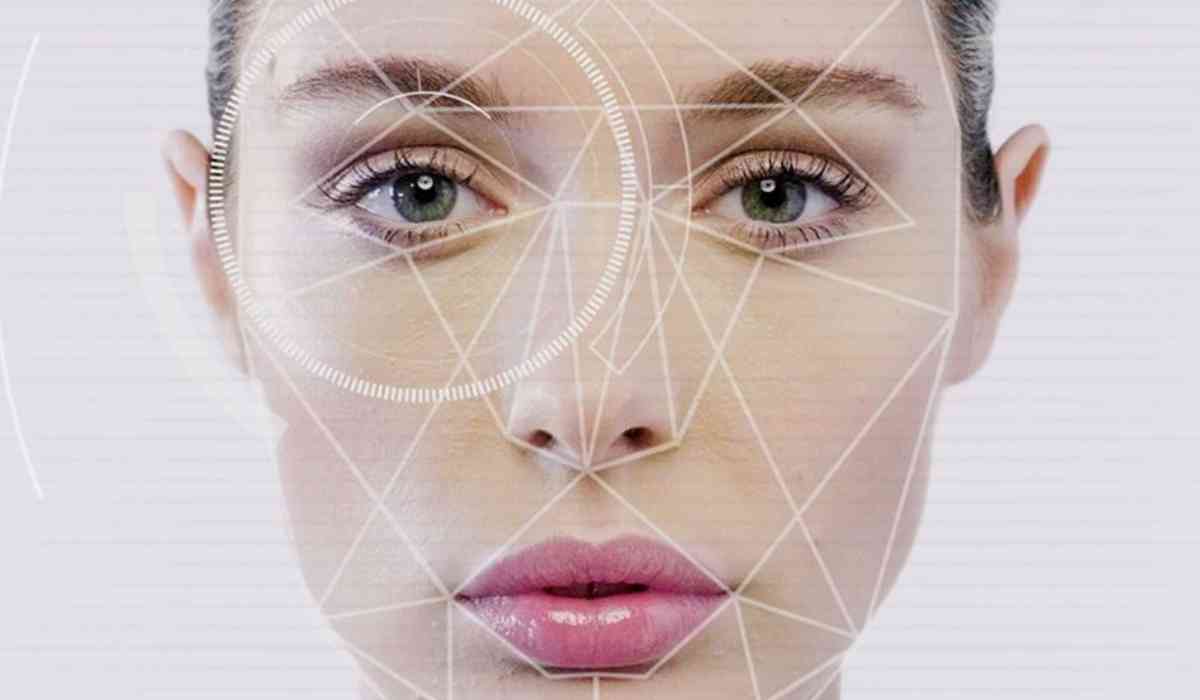The nexus between art, innovation, and technology is more visible than ever in the quickly changing beauty market of today. Artificial intelligence (AI) has emerged as a transformational force in a variety of areas, including the beauty industry. From personalized skincare solutions to virtual beauty try-ons, artificial intelligence is changing the way people interact with cosmetics. AI tools can assist in identifying trends, optimizing formulas, and even proposing completely new products that are customized to meet the demands of customers by utilizing enormous volumes of data and insights.
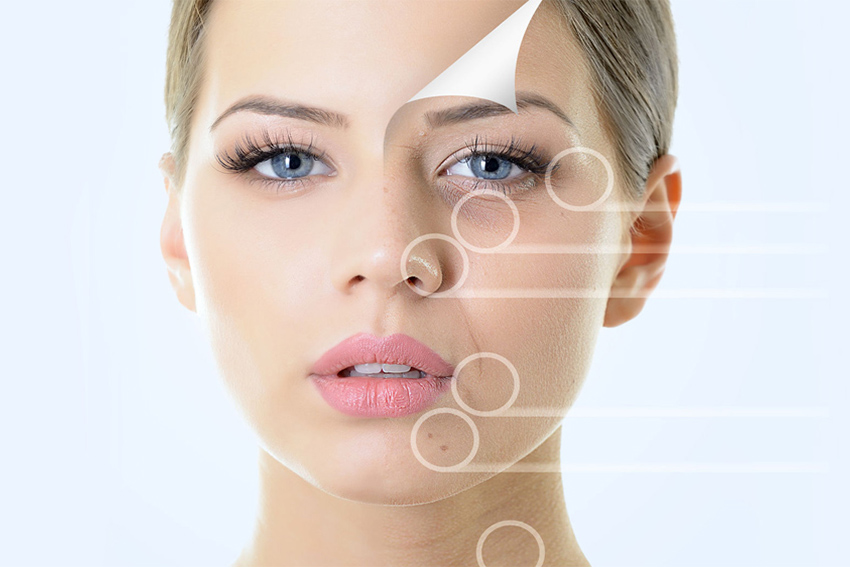
Today's youth is well-versed in everything from personalised skin care solutions to virtual makeup try-ons, owing to artificial intelligence, which is transforming how customers interact with cosmetics. AI technologies may assist detect patterns, optimize formulas, and even propose completely new products that are customized to meet the wants of customers because they have access to enormous volumes of data and insights. AI is helping the industry evolve in the following five important beauty trends, increasing relevance and customer value.
-
Hyper-Personalization
Hyper-personalization has risen as a dominant force reshaping the beauty industry, forever altering how brands engage with consumers. Approximately 80% of customers now favor brands offering personalized products and experiences, moving beyond the traditional one-size-fits-all model. This approach not only engenders higher customer loyalty but also fuels revenue growth.
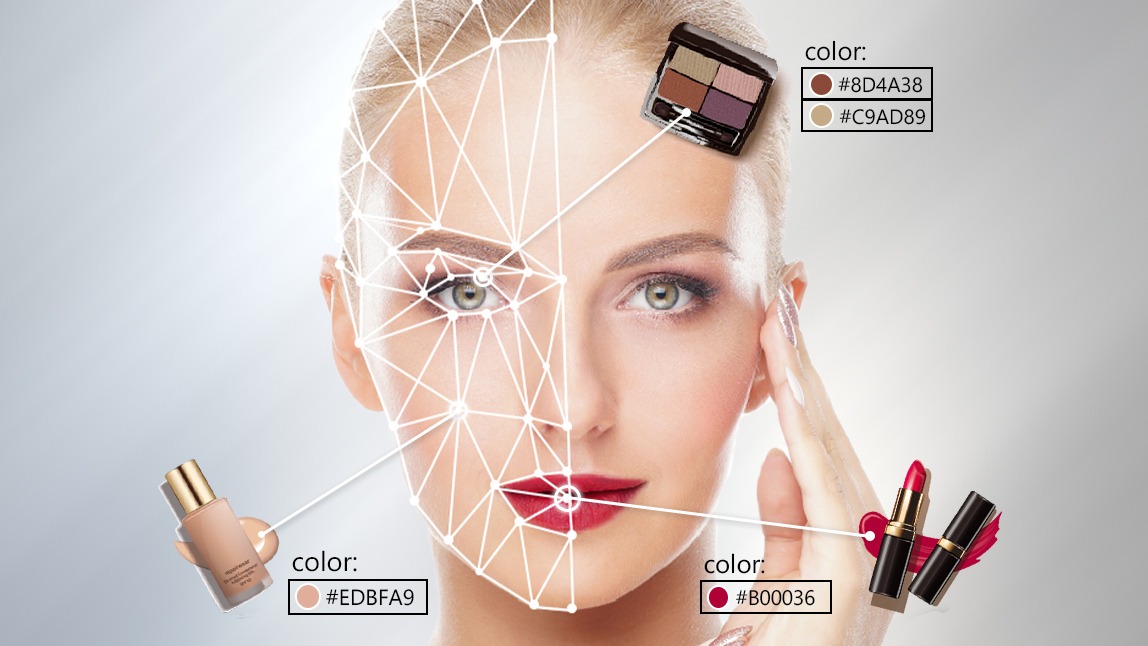
For instance, HautAI's SkinGPT is a generative AI tool that predicts how an individual's skin might evolve with different skincare products. By simulating personalized outcomes, it empowers users to visualize potential effects tailored to their unique needs, elevating the overall customer experience and forging stronger connections between consumers and beauty brands.
-
Diversity and Inclusion
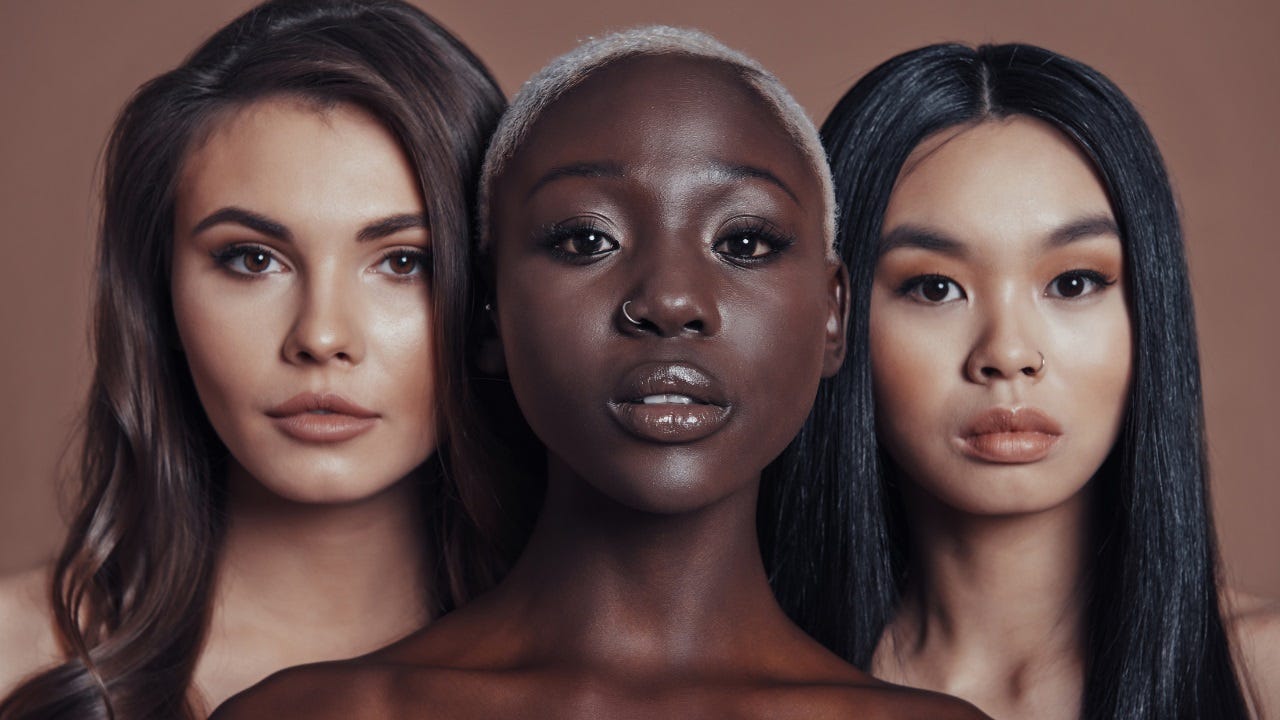
The beauty industry's evolution towards greater diversity and inclusion is a powerful testament to its commitment to celebrating human uniqueness. Beyond mere representation, this shift aims to cater to diverse needs. Notable examples include L'Oréal's collaboration with Prada on the HAPTA precision lipstick applicator, aiding individuals with mobility challenges in makeup expression. Estée Lauder's innovative AI application for the visually impaired is another milestone, using AI, voice recognition, and augmented reality for enhanced makeup experiences. These initiatives reflect a commitment to serve everyone, irrespective of age, gender, ethnicity, ability, or identity, setting a positive example for inclusive practices across industries.
-
Wellness and Sustainability
The concept of beauty products has evolved from enhancing appearance to promoting holistic well-being. This shift is particularly evident in the growing focus on the microbiome and sustainable practices within the industry.
Unilever, in partnership with IBM and Eagle Genomics, is using AI to unlock insights from microbiome datasets, leading to innovative treatments for dry skin. Meanwhile, L'Oréal envisions a future where personalized skincare products utilize microbiome technology. These advancements also extend to sun protection, with microbial-based sunscreens expected to play a vital role in photoprotection products, countering the harmful effects of ultraviolet rays.
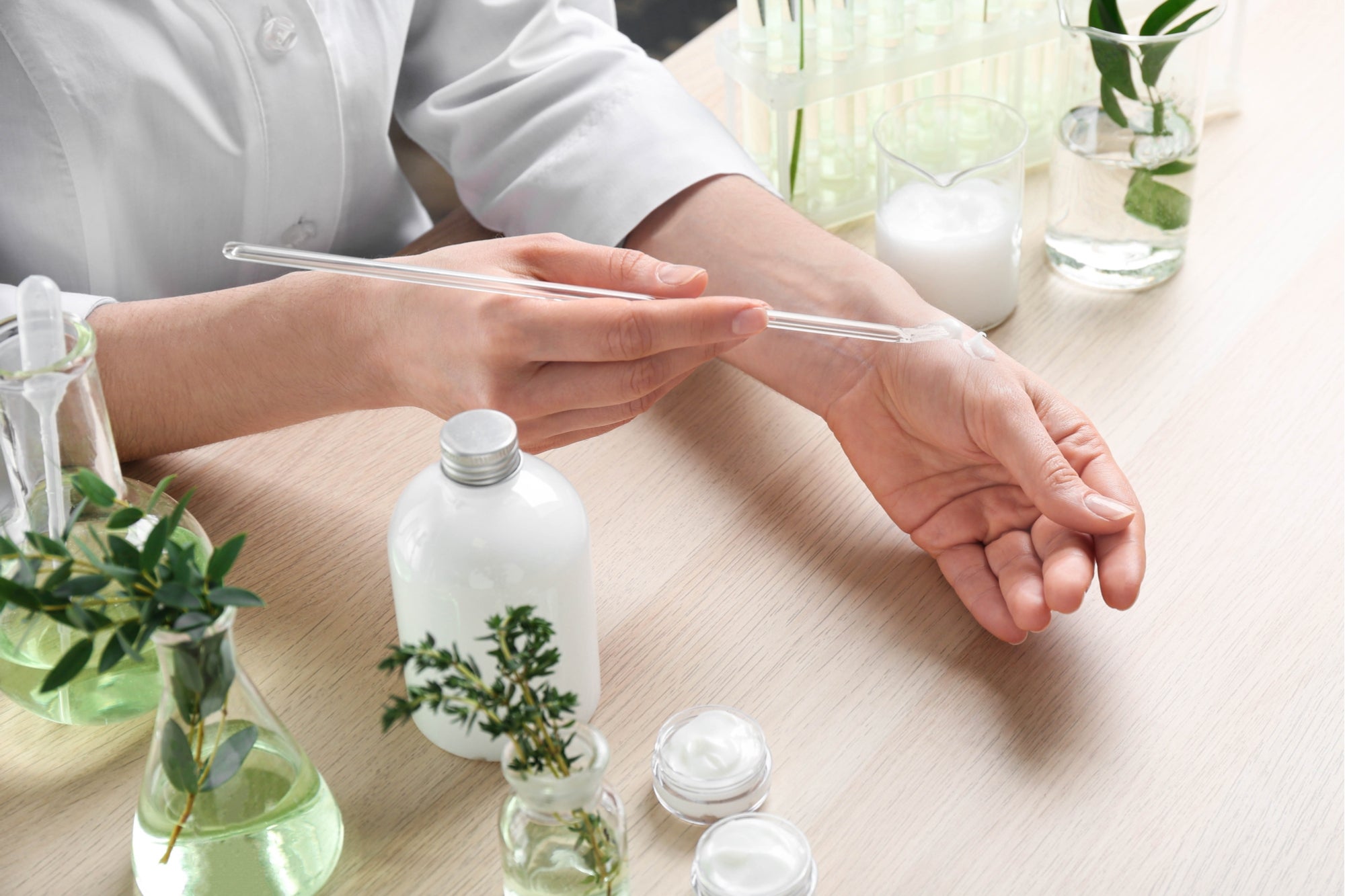
Sustainability is another crucial trend, with the beauty industry increasingly adopting greener practices. The reliance on ingredients derived from plants, animals, and fossil fuels presents challenges in meeting the demand for "natural" products. Synthetic biology offers a promising solution, creating sustainable alternatives to natural ingredients in controlled environments. K18 Hair's patented K18PEPTIDE™ is a prime example, mimicking the natural structure of keratin proteins to repair hair damage on a molecular level. This innovative product has gained immense popularity, with over 20 billion TikTok views and a spot on Sephora's bestseller list.
-
Digital Beauty
Digital beauty is a transformative trend reshaping the industry, blurring the lines between the real and virtual worlds. Beauty brands are increasingly venturing into the metaverse to create immersive experiences and offer virtual beauty products. For example, Paris Hilton hosted a metaverse Halloween party in collaboration with Urban Decay in Roblox, while Rihanna's Fenty Beauty has trademarked virtual cosmetics and hair care products.
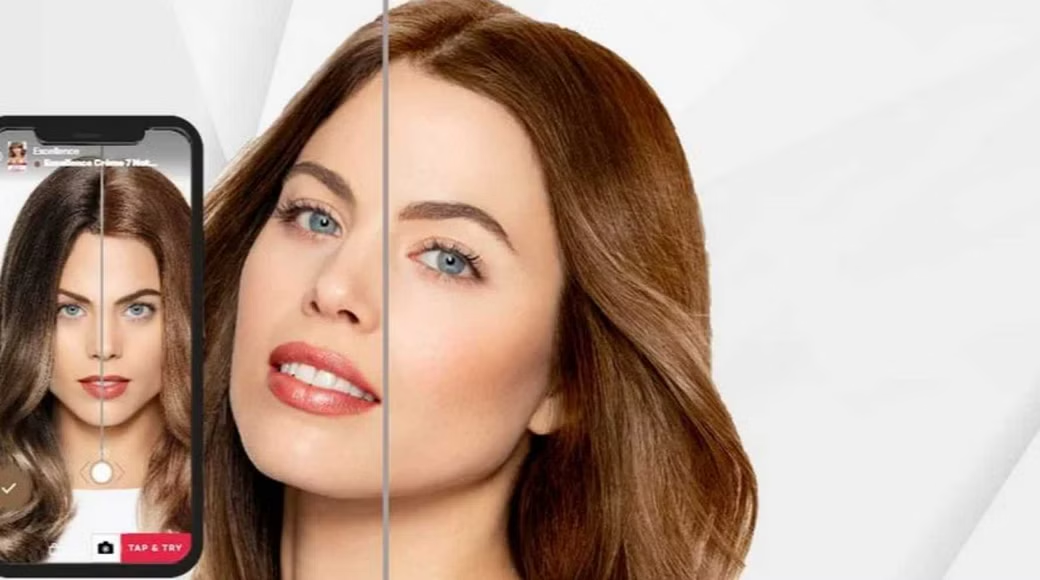
Virtual influencers like Lil Miquela and Bermuda have gained immense followings, redefining brand-consumer interactions. Brands such as L'Oréal partner with platforms like Ready Player Me, allowing users to create avatars adorned with makeup and hairstyles, embracing the digital beauty revolution. This trend continues to evolve, making the virtual realm an integral part of the industry's future.
-
Skin Analysis
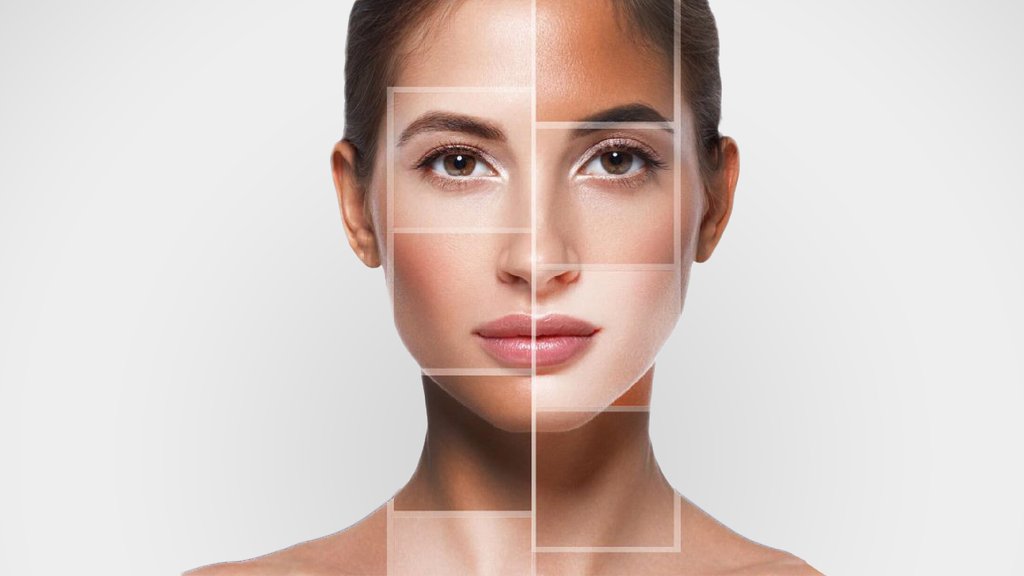
AI has revolutionised the beauty sector. It offers unrivalled insights and capabilities. Its algorithm allows it to learn the customer's preferences and provide an effective outcome. The client experience is improved by this individualised approach, leading to higher levels of satisfaction. The user receives a customised skin analysis and diagnosis using AI-powered skin care applications. These devices analyse the user's skin to identify skin-related problems and then suggest skin care regimens and solutions to address those issues. Additionally user-friendly, these gadgets provide the user with precise problem-solving guidance while they are relaxing at home. Customers can take charge of their beauty routine with this method. They can even achieve good outcomes by doing this.
The Indian Beauty Market
Launched in April 2023 by Mukesh Ambani’s conglomerate, Tira Beauty is rapidly becoming a key player in the Indian beauty market, utilizing cutting-edge AI tools to enhance customer experiences and differentiate itself from competitors. Tira's innovative approach includes a variety of AI-driven features designed to personalize and improve the shopping experience.
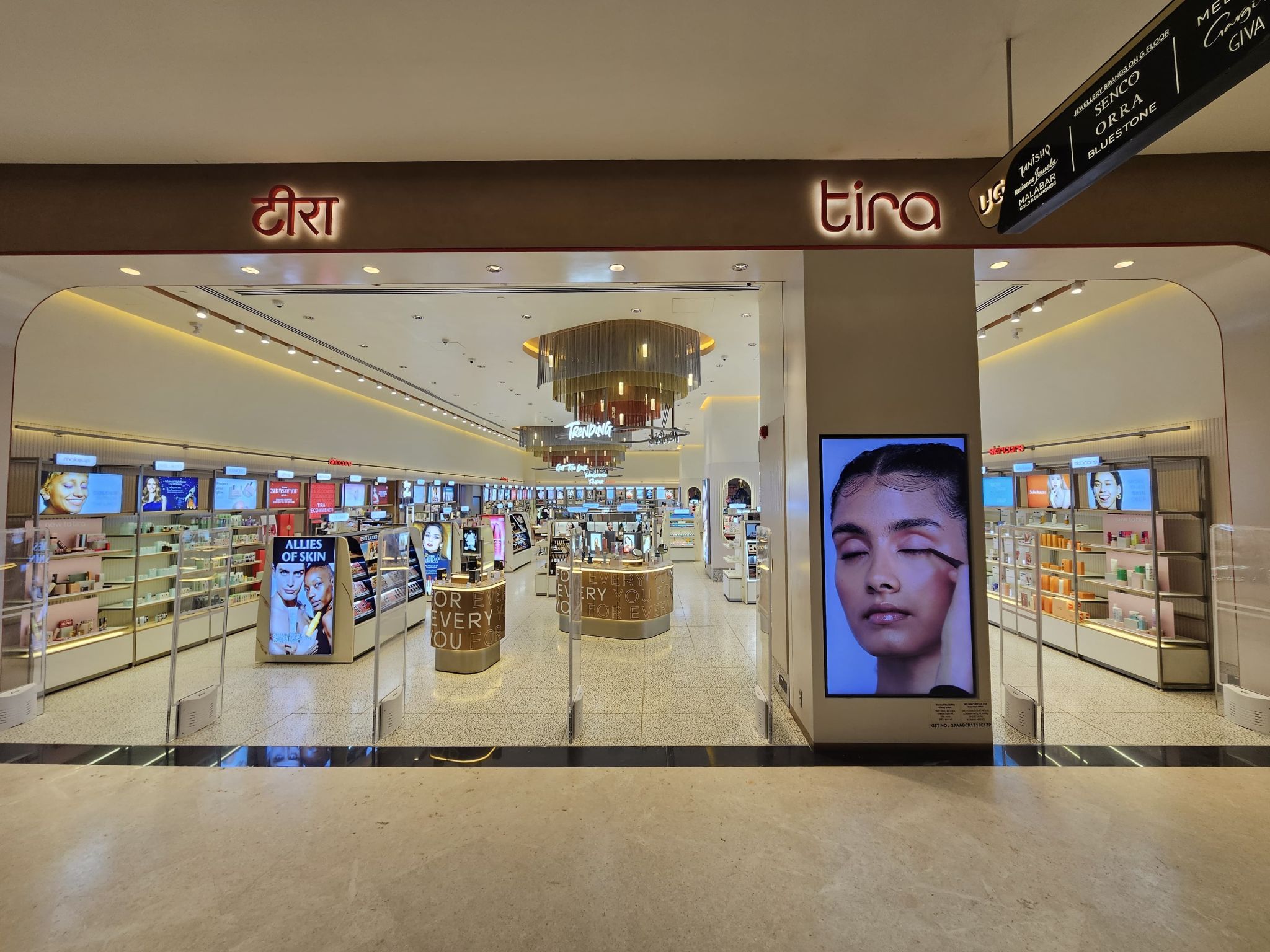
One of Tira's standout features is its in-store "fragrance finder," which uses AI to suggest perfumes based on customers’ preferences. By allowing consumers to smell a set of cubes with different fragrance notes, the AI system can recommend perfumes that align with their tastes. Another notable innovation is the "skin analyzer," which uses AI to assess a customer’s skin features from a photograph and recommend suitable skincare products. These tools not only enhance customer satisfaction but also increase the likelihood of repeat business.
Tira’s stores also feature electronic vending machines that dispense free samples of skincare products, providing customers with a tactile and personalized shopping experience. As Tejas Kapadia, head of marketing for Tira, noted, "Customers love that and they keep coming back for that. The idea is to give a plethora of experiences using some form of AI." This hands-on, interactive approach is setting Tira apart in the competitive beauty market.
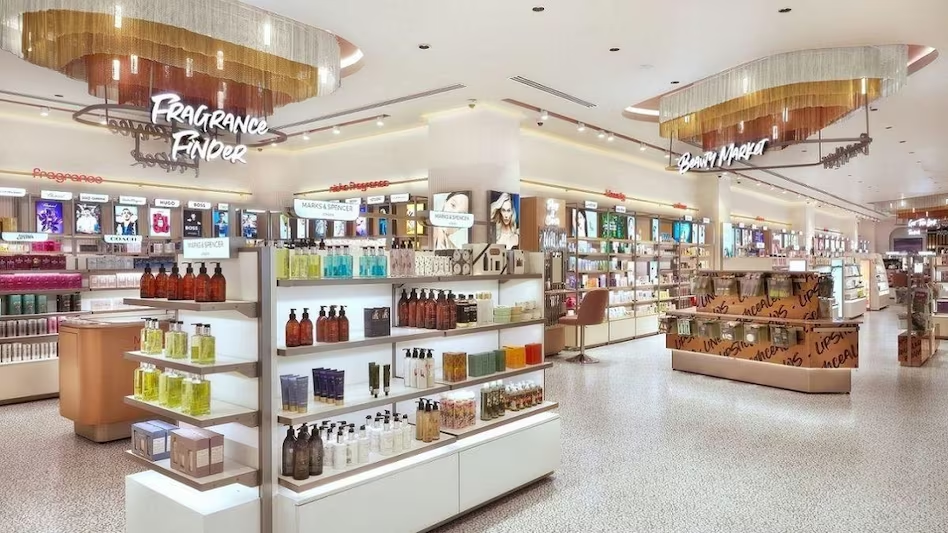
Tira Beauty represents Reliance’s strategic entry into the world’s fastest-growing major beauty market. India’s beauty segment is expected to grow at a rate of 10% between 2022 and 2027, outpacing China’s 7% and the US’ 5% growth rates, according to a report by RedSeer Strategy Consultants and PeakXV. This robust growth is attracting both local and international brands, intensifying the competition.
The Future of Beauty & AI
AI is rapidly infiltrating the beauty industry, reshaping product conception, personalization, marketing, and manufacturing. The global market for AI in beauty was valued at $216.12 million in 2020 and is projected to reach $1.26 billion by 2027. The market is expected to grow at a compound annual growth rate (CAGR) of 19.7% between 2021 and 2030, reaching a valuation of $13.34 billion by 2030. With AI's capabilities, scientists and brands can process extensive genetic data, detect patterns, and generate predictions that were previously unattainable. As AI continues to evolve, it will undoubtedly bring even more groundbreaking changes to the beauty industry, enhancing relevance and customer value.
Inputs by Agencies
(Image Source: Multiple Agencies)
Ⓒ Copyright 2024. All Rights Reserved Powered by Vygr Media.

